bonsai tree meaning in feng shui
/sot-56a2e35d3df78cf7727af5fb.jpg) Bonsai Tree Plants and Feng Shui
Bonsai Tree Plants and Feng ShuiFeng Shui & Bonsai - A perfect matchFeng shui and bonsai are intricately interconnected with the lifestyle and beliefs of ancient Asia. Although Feng Shui's practice is attributed to the Chinese, while the art of bonsai was developed by the Japanese, there are many things that one can learn and adapt by the correct combination of the 2 disciplines. Once dominated, it will leave such a surprising impression in the mind that the way a bonsai farmer perceives the world can never be the same again. But there is also much more to merge Feng Shui and Bonsai! Both practices show how subtle the energy that governs your existence and how deep the roots of beauty and simplicity are to heal all your fears, prejudices and misfortunes. Did you know that bonsai and feng shui are a perfect match? We will deepen the merger between Feng Shui and Bonsai that can help you gain balance and harmony in life. Feng-Shui, Bonsai " The Sacred Journey of the Soul Have you ever felt that impulse, the desire to cleanse your head, purify your mind and embrace that inner feeling of a constant and invisible smile, shining in your soul? That smile, that light is your purpose in life. What are you gonna leave behind? But most importantly, what will you leave written there in the deepest memory of your soul? It is through bonsai and Feng Shui that one can achieve mental peace, along with attracting prosperity, positivity and love, but such an explanation would be too superficial to describe the real value of these 2 practices. Thus, the only way to really understand the meaning of bonsai and Feng Shui is to learn more from the lessons of history, or why and how ancient Asian civilizations began to practice and apply bonsai and Feng Shui in everyday life. Later, both Feng Shui and bonsai practices can become the opening of the eyes and mental alteration. But what's more, gaining a deep understanding of the amazing Asian practices is not an outdated approach to living a life in harmony. Today, it becomes even more relevant to find something that can help you cope with tight schedules and escape tension in your work, relationships and thoughts. The generations who inhabited this world long before us were not completely separated from what annoys and forms life as we know it today. In fact, the ancient civilizations that we can call our global ancestors were quite enchanted and overwhelmed by the same things, gravitating in the minds of the people who live in the 21st century! Except that our global ancestors did not partialize their role as an intricate part of Mother Nature. Thus, Feng shui originated from being subjected to complex studies and observations of the universal laws of the forces of nature. And these universal laws are always relevant. Changes in fashion, changes in public opinion, prices in the stock market also change but the deep truths, written by the hand of the universal energy with which we are all united, remain the same. The sun rises and falls; then the moon rises and falls, too. There is always Yin and Yang, black and white, salt and pepper, the real and the fake. And all these contradictory forces, working together to create what we call Balance – the most beautiful treasure and pleasure you can get in life. Understanding the magical essence of Feng-ShuiFeng shui focuses on QI – the vital energy that penetrates our entire existence. Curiously, feng shui was first mentioned in a book called The Book of Changes or also known as YI jing. Yi Jing is the oldest philosophical text in China. Although the nieblas of time making it almost impossible to trace the exact age of the Book of Changes, it is considered that this text was written as early as 1022 to approximately 256 BC years during the reign of the Zhou dynasty. The Book of Changes is such an intricate job! It has been seen from some of the most powerful rulers of Asian dynasties, including statesmen, generals and yet emperors themselves. Thanks to Confucius, the Book of Changes was included in the most significant texts when it comes to confucianism. But what is more, the Book of Changes explains in text and symbols not only feng shui as a foundation of a successfully balanced life; feng-shui is listed right next to the cult-classical studies, such as Acupuncture and Tai-chi, among others. Surprisingly, feng-shui was not popularized for a very, very long time. Instead, the laws and art of the feng shui were transmitted only from father to son and allowed to be used That is why today, the same feng-shui mention may sound to some as another exotic tendency or movement. However, feng shui was actually treasured, praised, appreciated and practiced only by a handful of people we can call The elect (or in other words, the elite). Feng-shui was regarded as a mystical and magical knowledge that will give to those who understand it and use it luck without seeing in all aspects of life. From Penzai to Bonsai: Bonsai Art as we know it today, both feng-shui and bonsai as we know it today originated in China. But why do we call Japan the homeland of bonsai? Well, , bonsai probably never would have become such an artistic trend and then a beautiful hobby anyone can adapt and enjoy. Although, calling bonsai simply a hobby is not appropriate. Instead, the bonsai is more of a ritual and practice itself. The cultivation of Bonsai is similar to training. Although, with bonsai, don't train the body. Bonsai trains the mind to achieve patience, to self-reflect and emerge with your inner being every day, as you are caring for your bonsai tree. Long after the early Penzai trees were brought to Japan as souvenirs along with other imported products, the Japanese gradually began but surely evolving the art of the bonsai in what we know today. Curiously, after the end of World War II when trade and communication between Asia and the Western world became much more open, the Chinese also presented their ways of cultivating miniature trees. But only the Japanese were willing to share their skill and knowledge about the cultivation of bonsai. In fact, if it were not for their utmost care and desire to share ancient knowledge, bonsai would never have been available to embrace for the rest of the world. The invisible link between Bonsai and Feng ShuiGradually, through time and practice, bonsai, similar to feng-shui, helps you get rid of the mess. In addition, feng-shui also highlights the importance of cleaning up the disorder of the space it inhabits. Doing it is, however, the intention to stimulate the cleansing of all disorders in your life, including your thoughts. Now, can you feel how interconnected they are feng shui and bonsai? Both practices literally merge with each other. The art of caring for a bonsai tree is a meditation for the mind, a practice for the senses and a game, where the brain opens both creative and practically to study and become one with the always relevant laws of Mother Nature. Since the Japanese began the cultivation of bonsai, it was only a matter of time that the practice developed over the years, beginning with being very limited to the mass panification. But above all, both feng shui and bonsai symbolize harmony, balance and prosperity. The two practices involve understanding the forces of nature and involving them in everyday life. Bonsai " Feng-Shui: Bringing Wealthy's fateApart from the beauty that feng shui and bonsai bring home, when they are practiced well and mentally, these sacred and ancient practices can bring the wealthy call we mentioned earlier. That wealthy luck applies to every aspect of life, but especially in terms of its relationships with others and mystical knowledge, which unites the entire surrounding environment to work for its favor. Again, by very diverse and disseminated in absolutely different ways – both originating from China but Japan becoming the heart of the bonsai culture and cultivation, the 2 practices lead to one and the same way – the path of balance and harmony. The principles of feng-shui are used to recreate homes, offices and literally all kinds of spaces, which people visit or inhabit. Feng means Wind and Shui means Water. Water and wind are two of the five main forces, which the Chinese explored as part of learning how to improve the flow of energy in one's personal space to eliminate all blockades. It may seem very strange for skeptics that some reorders in the design of a building, including both the exterior and the interior of the design, can make a more balanced and happy life. However, the laws of have already shown what ancient civilizations recognized and understood well thousands of years before we, human beings of modern life, realized. Everything is made up of energy. Of this energy, there is only emptiness. Take a look at more tips and tricks on how to trigger your luck and luck with the feng-shui principles in 2018! Have you noticed how sometimes you enter a room and feel immediately in peace? Or maybe you have noticed exactly the opposite – at the same time you enter a particular space, you start to feel out of ease. Feng shui simply suggests some common rules that serve to break the milestones that prevent a particular space from flourishing in harmony. The forces of the wind and water were studied for several years by the ancients, who found a very practical aspect for both of these natural powers. In the years when the Chinese peasants were building their shelters in search of an abundant land to give them food and life, they took note of something, which is extremely significant for their well-being. The peasants, who built their homes unprotected from the wind, suffered the failure while the powerful waves of air suddenly destroyed their homes at some point. On the other hand, the peasants who took into consideration the direction and power of the wind in terms of building their shelters accordingly, as they moved away from the avenue of the strong winds, managed to live peacefully and happily, without having to leave their homes destroyed and seek new lands. However, water was considered no less important than the wind because high floods were not limited. Thus, the peasants needed to recognize the way the water works. In addition, they needed to build their villages close enough to a body of water to use water to feed their crops but they never kept too close to risking their homes being devastated by flooding. When it comes to living in a modern home, however, those rules, which ancient people recognized so well, apply equally well. Of course, we don't need to look for ways to prevent the wind or water from destroying our homes, but what happens inside your house is no less interconnected with the wind and water forces. The wind and water form the 5 basic elements of the Universe, according to the Chinese – Fire, Metal, Earth, Water and Wind. These 5 elements are present everywhere and work better when they are in balance. As feng shui dates from approximately 4000 BC, the first evidence to study and apply the magnificent laws of nature in the structuring of a safe and harmonious living space was found in the alignment of the doors of people's houses. At that time, people would use the winter solstice and the star position as a guide to the organization. However, it was not before the 12th century, when confucianism left an unforgettable mark on the popularization of the feng shui as a more common practice during the reign of Song dynasty. The nineteenth century marked the true flourishing of the feng shui when the Chinese governments created an intricate campaign to popularize feng-shui. Multiple diagrams and diagrams were presented to the public, explaining the basic laws of ancient practice, used to create peace, prosperity, balance and harmony. In fact, the mass movement for the spread of the feng-shui was the first to promote the benefits of this incredible practice, without trying to keep the secrets only to the elect (predominantly only the families of the emperors and some of the most respected generals and public figures). Today, the list of world-famous celebrities, using the power of feng shui to transform their lives is a solid test of how this mystical practice is working. Richard Branson and Bill Gates are among the people who openly share their love and gratitude for feng shui. But the list continues with Johnny Depp, Madonna, Steven Spielberg, Sophia Loren, Deepak Chopra, Cher and Gwyneth Paltrow, among others. This is what Oprah Winfrey herself shares about the magical and recreational power of feng shui If you think you have not yet found your vocation, it could be right in front of you. But the chi in your environment, for whatever reason, is blocking it. You may live in too much chaos, with disorder in every corner. Or maybe obstacles (including furniture or geographical features) literally block the chi and the opportunities to come in your way, so you can capitalize on your true love, or what I call your true life purpose. Using Feng Shui tips can help you get out of your own way to find what it is you're really meant to do. And once you discover this, the pieces will fall into place. Other people have found their vocation, but their environment is not aligned with that purpose. Feng Shui can also help with that. Oprah Winfrey If you think you haven't found your vocation yet, it could be right in front of you. But the chi in your environment, for whatever reason, is blocking it. You may live in too much chaos, with disorder in every corner. Or maybe obstacles (including furniture or geographical features) literally block the chi and the opportunities to come in your way, so you can capitalize on your true love, or what I call your true life purpose. Using Feng Shui tips can help you get out of your own way to find what it is you're really meant to do. And once you discover this, the pieces will fall into place. Other people have found their vocation, but their environment is not aligned with that purpose. Feng Shui can also help with that. How to combine Feng-Shui & Bonsai for prosperity, harmony " Balance The main guidelines for using feng-shui to attract luck, peace and harmony to your environment include avoiding and cleaning up disorder as much as possible. Thus, those who know how to place these reflective elements in their environment will take advantage of a protective and stimulating energy, which is created through the magic of reflection. Bonsai trees are an intricate part of feng-shui as it is highly recommended to place a living creature in its friendly environment of the feng-shui. Plants are considered wonderful to increase the flow of QI, however, bonsai trees are absolutely superior, compared to other possible alternatives. On the one hand, bonsai trees can live up to hundreds of years, saturating the house with a deep bond between the energy collected from one generation to another. Confucianism appreciates the place of the human being in the balance of the world, believing that once we leave the physical realm, the spirit can continue to protect his family through invisible niches, where the energy is saturated. To take care of a bonsai plant, you have to concentrate your energy and dedicate yourself to sculpting and training the bonsai creation. Thus, not only massive amounts of energy are intertwined forever in the bonsai tree. The creator of the bonsai is also fulfilling another important law of feng-shui – embracing the 5 vital elements of happy life. The trees represent the symbol of the wood, or also the symbol of the earth itself. Subsequently, it is believed that bonsai will bring the important element of wood to the home, which otherwise would be truly difficult to achieve. The wooden spoons, tables, chairs or any other wooden object you can have in your home are simply not alive. Of course, the wooden element is present and this is good for your home, but the power of the wood energy is thousands of times stronger when you are dealing with a living creature, like bonsai. Trees also have a very important role in the way that ancient people perceived the world. According to some beliefs, trees are in constant meditation and are among the strongest spirits on the planet. They live in full harmony with the surrounding world without harming any, but, necessary for our survival, too. Yes, trees are the lungs of this planet, and we, human beings, also feed the oxygen they produce in return. Feng-shui recommends placing bonsai trees in the east, south and southeast corners of the space you are inhabiting. In addition, bonsai trees can help make sharper lines, ensuring a proper transition and the flow of energy, eliminating blockages and space tension. In fact, some spaces are called dead, according to the rules of the feng-shui. Dead energy should be avoided at any cost because it limits the possibilities of prosperity and rebalances the Yin and Yang in the environment. Apart from the healing properties of trees, their natural ability to support Qi flow is what makes them unique in each meaningful form. If you place a bonsai tree in a place where much negative energy saturated, it will surely die. But before he dies, he will absorb and eliminate part of the adverse energy of the place. It is no exception to replace the dead bonsai tree with another only to see the new die, too. And if with the first tree you might have had your doubts about whether death was caused by the unfavourable energy field, then the same effect on the second tree is a sure indicator that your bonsai just saved you from absorbing that negative energy yourself. Plants are incredibly sensitive creatures. Surprisingly, plants can feel and tolerate light in a much more complex way than we, as human beings, can adopt. Imagine lightning. What you see is limited. You don't know the light like plants. You see a single color but the plants perceive the full spectrum of light (which we can actually see only when a rainbow emerges in the sky). But what is more, plants not only see the full spectrum of light – they use the different colors in that spectrum differently. Take a look at this world is a massive indicator of how sensitive plants are (not less sensitive and understanding than people!) Feng-shui & Bonsai – Final Foods for Thought According to an old Japanese saying, people have 3 faces. The first face is shown to the world. The second face is shown to your close friends and your family. The third face, never shows anyone. Practicing and merging feng-shui and bonsai is all about hugging your truest face. Showing the truest, most sacred part of yourself doesn't need to happen in public. Heaven is also the world. The grass is also the world. You're the world, too. The road to prosperity and balance is not something you reach. It is a path that you walk every day with conscious efforts, small steps, conscience, tranquility and dedication – like taking care of a bonsai tree and embrace the principles of Feng Shui. Like Asian monks think their practice and study will never end, so we must remember that our luck and happiness are in our own hands, our own understanding and our own will to evolve. As a result, when the Feng Shui principles apply to Bonsai, each person can create a well-balanced natural landscape, which will bring the necessary balance in the surrounding environment, in return. Bonsai trees are a beautiful way to bring positive energy and nature to the house. Both positive energy and nature associated with the main principles of Feng Shui's practice to increase harmony and prosperity in each household and family.© Copyright 2020 Bonsai Tree Gardener
The Bonsai Tree Meaning, History & Benefits - Karma and Luck

Myth Buster 9: Bonsai Plants are Auspicious | Sana Ako si Ricky Lee!
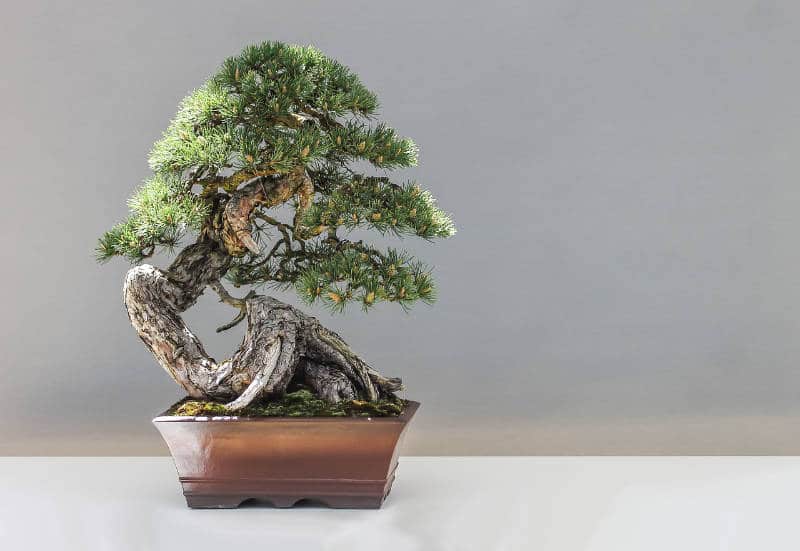
Bonsai Feng Shui - Considered Good or Bad? - Feng Shui Beginner

Feng Shui & Bonsai - A Perfect Match | Bonsai Tree Gardener
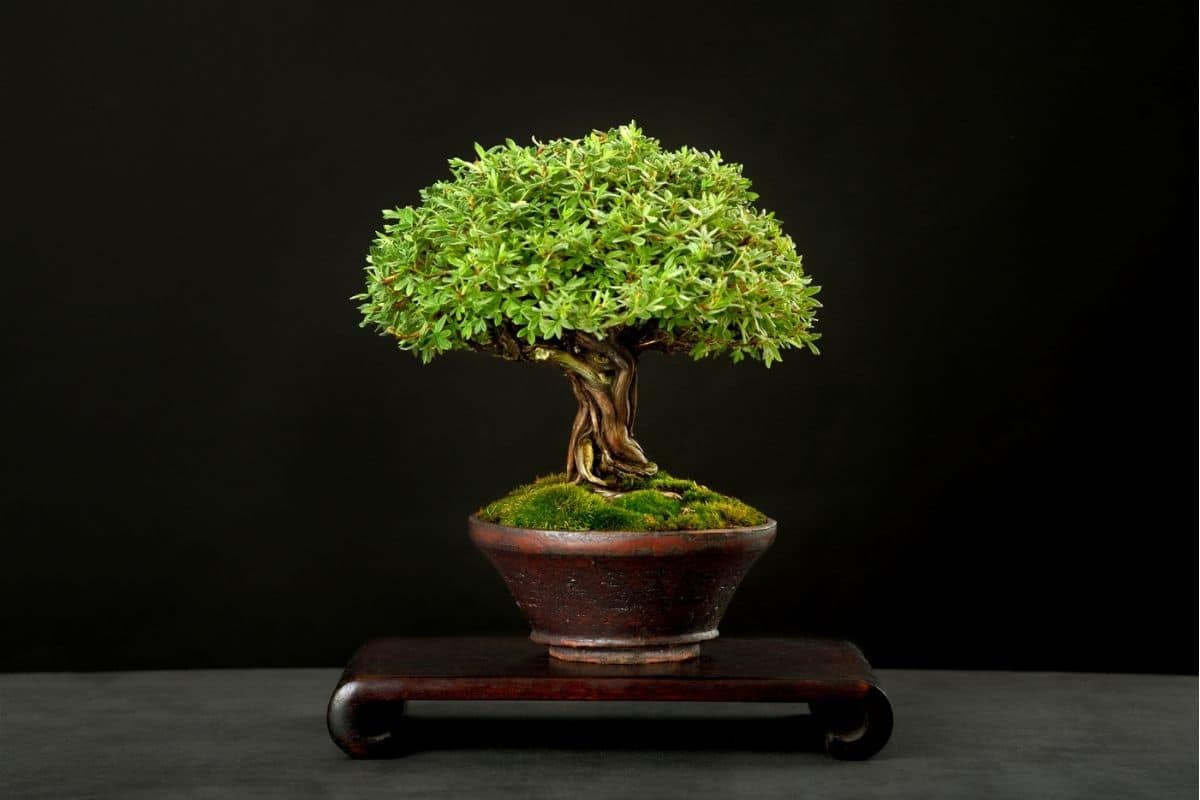
What Do Bonsai Trees Mean and Symbolize? Learn Before Choosing | Florgeous

Feng Shui & Bonsai - A Perfect Match | Bonsai Tree Gardener

Feng Shui & Bonsai - A Perfect Match | Bonsai Tree Gardener

The Bonsai Tree Meaning, History & Benefits - Karma and Luck

Bonsai Tree Meaning In Feng Shui - bonsai tree

bonsai tree superstition
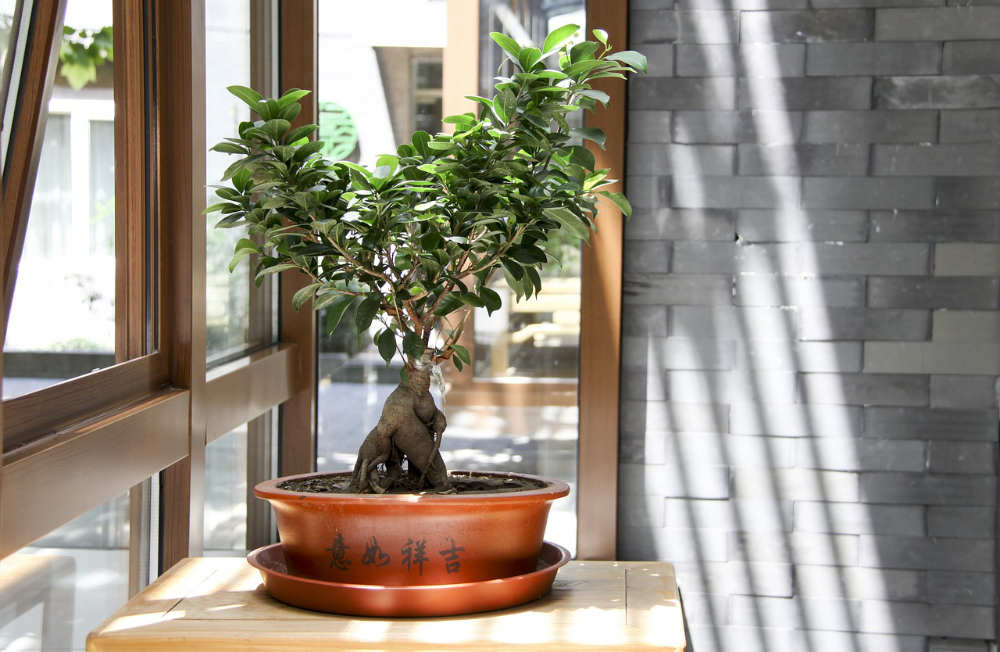
Bonsai Feng Shui - Considered Good or Bad? - Feng Shui Beginner

Feng Shui & Bonsai - A Perfect Match | Bonsai Tree Gardener

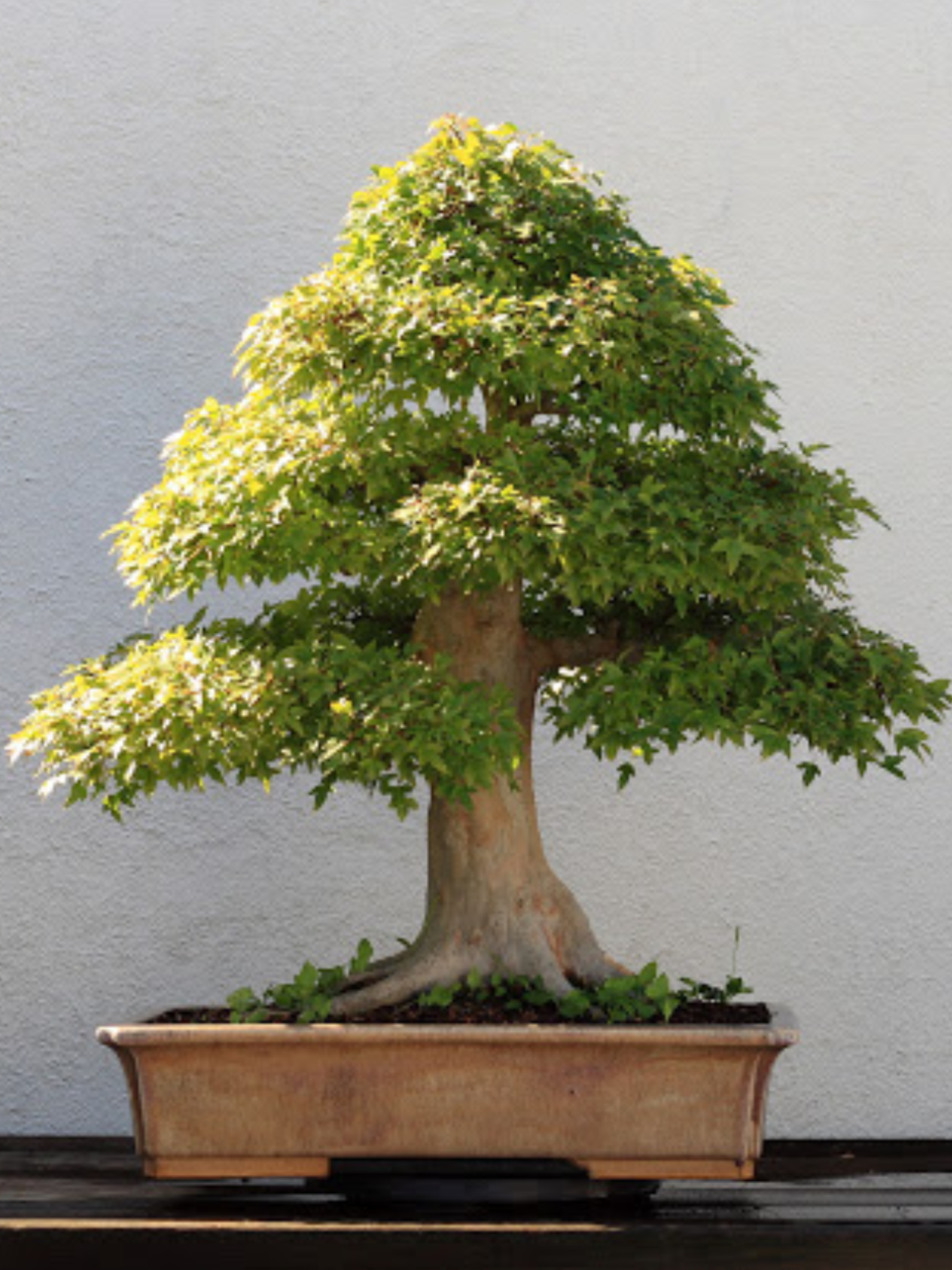
Bonsai Tree Meaning In Feng Shui - bonsai tree
/good-and-bad-feng-shui-plants-1274740-v3_3-5bb778e74cedfd002635d88c-79b0940e65f14b66b3730ee66660ca14.png)
Good and Bad Feng Shui Plants

The Bonsai Tree Meaning, History & Benefits - Karma and Luck

Pronounced as bone-sigh, the Japanese translation of bonsai is | Bonsai, Bonsai tree, Feng shui

What Do Bonsai Trees Mean and Symbolize? Learn Before Choosing | Florgeous

The Bonsai Tree Meaning, History & Benefits - Karma and Luck

Feng Shui Bonsai Trees - YouTube

93 Growing House Plants ideas | house plants, plants, indoor plants

bonsai tree superstition
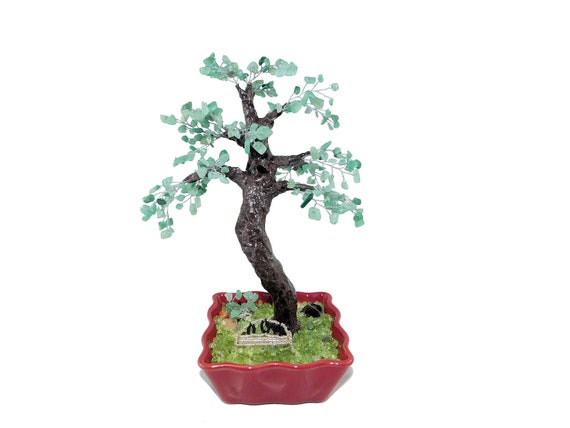
10 Inch Green Aventurine Maple Bonsai Tree with Bush Silver | Etsy
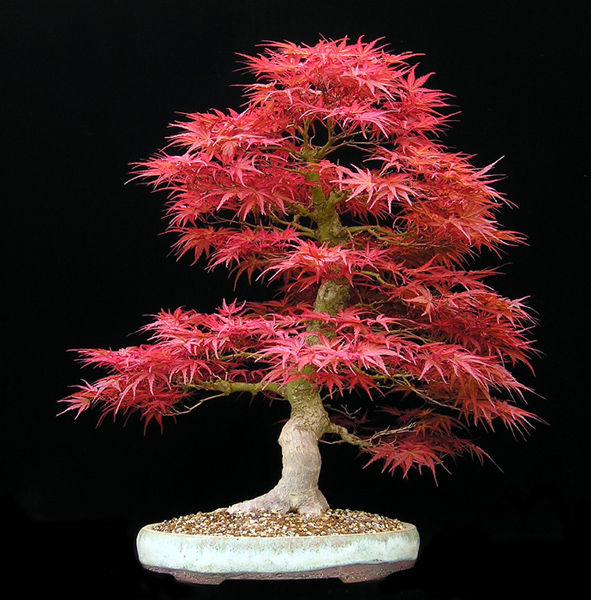
The Best Bonsai Plants for Home or Office - Ferns N Petals

What is a Bonsai Tree?How does it affect our environment & atmosphere?

Understanding the Feng Shui Money Tree | LoveToKnow
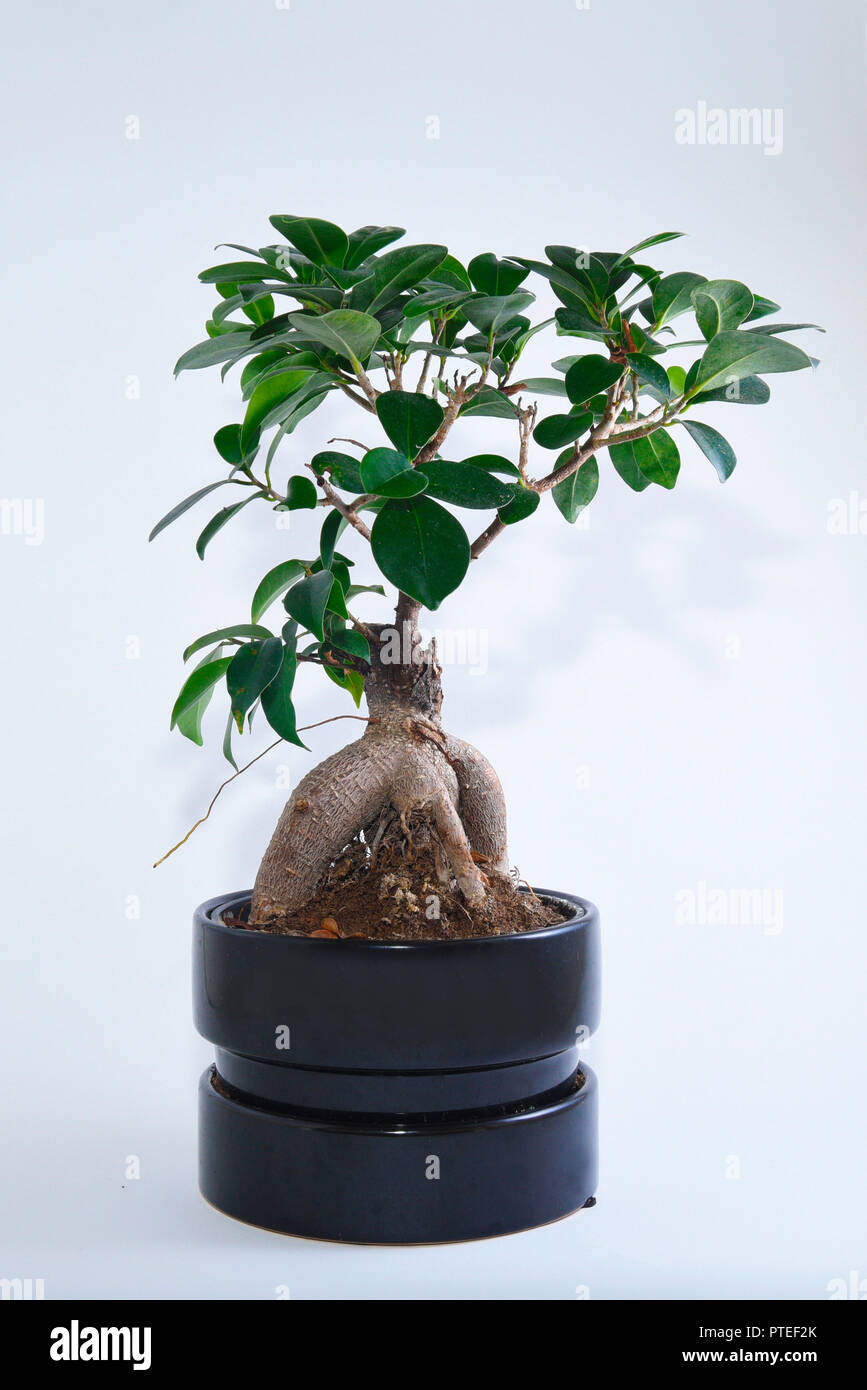
Bonsai tree Ficus Fig Ginseng on a white background. Latin name Ficus microcarpa 'Ginseng' is a bonsai ginseng or ficus retusa also known as banyan or Stock Photo - Alamy

MONEY TREE ....Feng Shui masters believe in this plant's power to deliver wealth and good fortune. Legend has it that the d… | Money trees, Money tree plant, Plants
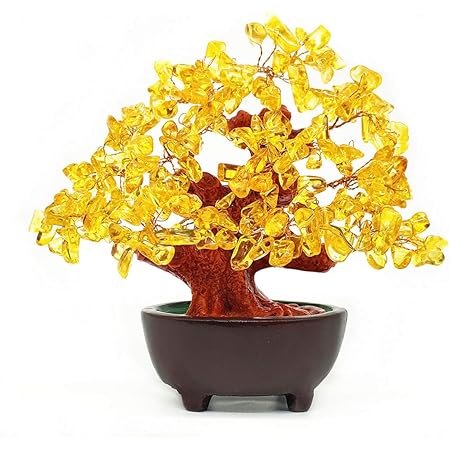
Amazon.com: Colorsheng 7 Inch Quartz Crystal Money Tree Bonsai Feng Shui Gem Decoration for Wealth and Luck (Yellow): Kitchen & Dining

Are Bonsai Trees Good Luck? | Sodalite Minds

Feng Shui Money Tree Plant - Use it to attract wealth in 2021

7 Auspicious Feng Shui Plants | LoveToKnow

74 Bonsai Tree – Symbolism & Meaning

Set of 3 Auspicious Feng Shui 风水 Plants - Ginseng Bonsai 人参榕, Buddhist Pine Bonsai 罗汉松, Money Tree 发财树 (招财树)Set of 3 Auspicious Feng Shui 风水 Plants - Ginseng Bonsai 人参榕, Buddhist
/calming-zen-interiors-table-setting-with-buddha-statue-holding-burning-candle-984610070-5c61bb3ac9e77c0001d930a8.jpg)
How to Use Gem Trees as Feng Shui Cures

Multi-Crystal Wish-fulfilling Gem Tree :: Bonsai Crystal Tree

What Does A Bonsai Tree Symbolize? - Grow Your Bonsai

What Is Bonsai? Complete Guide With Its Meaning,Types And Designs

Bonsai Tree Meaning In Feng Shui - bonsai tree

The Feng Shui Money Tree - Salvatore Manzi
Posting Komentar untuk "bonsai tree meaning in feng shui"